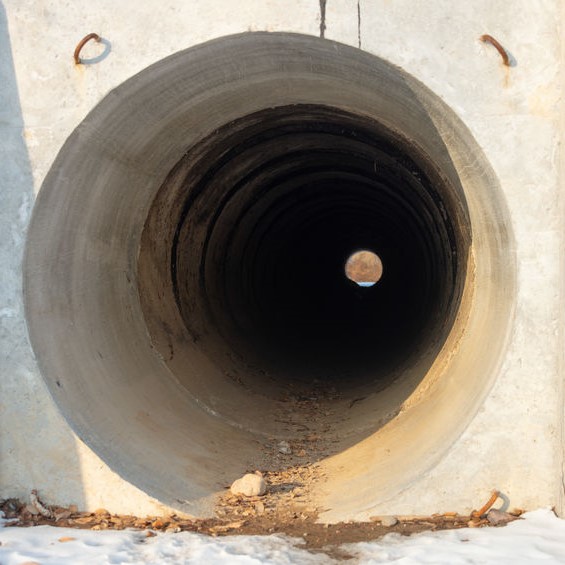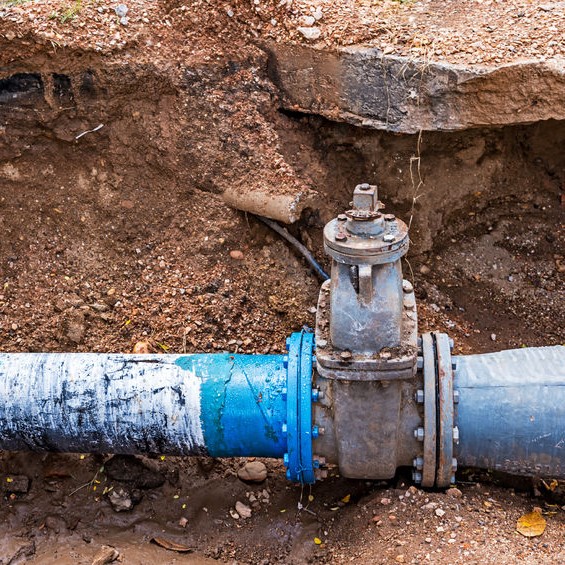
How often should you clean out your sewer line?
There are several components and systems in your home that cause regular maintenance. The HVAC system, the air ducts, and one of the ugly parts of home-ownership… cleaning the sewer line. It is a nasty job, but it is something that needs to be done to keep your home “flowing” as it should. Sewer line cleaning can greatly improve your plumbing system immensely. You may not realize it wasn’t working right until after you have had it cleaned.
Well, when your sewer line is clogged is definitely a time to have it cleaned, that’s a no brainer. By scheduling a routine pattern of sewer line cleaning though, you can prevent from having those emergency calls. For an older home, expert plumbing contractors recommend a sewer line cleaning job be every 18 months and no longer than 22 months in between cleaning.
If your home has been having frequent issues with the sewer lines, cleaning them may not be enough. Call an experienced plumbing contractor and request a video inspection. There may be something more than your sewer line is clogged, and a professional plumbing contractor will have the proper sewer line cleaning equipment to do the job right based on what the video inspection finds.
How do you know if your sewer line is clogged?
Things aren’t draining and flowing as they should, so how do you know if it is a simple clogged line, or it is the main sewer line to your house? Here are three signs that will tell you it is the main sewer line and if you may need a professional plumber to do a main sewer line cleaning:
- More than one drain is backed up
- Water is overflowing into different fittings
- The sewer clean-out has drainage in it
So, what do each of those mean? Keep reading as we give you a detailed description and a closer look:
Sign One: More than one drain is backed up. When the main sewer line clogs up, it will cause every drain in the house to back up, not just one. When it is just a simple clogged line, like the kitchen drain, we isolate the problem to one drain.
Think of the sewer system for your home as a tree. The trunk of the tree is the main sewer line and the branches are the sewer lines that run to each water appliance. Like a tree, if something is wrong with the trunk, the branches can’t grow and bloom. With your sewer system, if something is wrong with the main line, the smaller sewer lines can’t drain, so the waste material and water back up.
Still not 100% sure if there is just one line or multiple lines backed up? Are any of these plumbing fixtures gurgling?
- Bathtub
- Shower
- Sink
- Toilet
If more than one, or worse, all of them are, then you haves a clog in the main sewer line. The wastewater is moving slowly around and past the clog then hitting air pockets. That forces bubbles to surface and creates a gurgling sound. The more wastewater, the louder the sound and you’ll begin noticing a nasty sewer smell. Time to call a professional plumber for main sewer line cleaning!
Sign Two: Water is overflowing into different fixtures. Water will start backing up into other fixtures if there is a clog in the main sewer line because one of the branch drain lines is can’t drain into the main sewer line. The wastewater backs up and overflows into another drain line.
This is where gravity comes into the plumbing: Water seeks the lowest level, so when it is overflowing, it will find the floors and the basement. If you aren’t sure this is what’s going on in your house, do the following test:
- Flush the toilet and check the shower or tub for any gurgling sounds.
- While using the washing machine, when it drains, is it backing up in the shower, sink, or toilet?
- When you turn on the faucet in the bathroom sink, does water bubble or rise in the toilet?
If you answer yes to any of those three tests, you haves a clog in the main sewer line and a professional plumber can do a sewer line cleaning to fix this problem.
Sign Three: The sewer clean-out has drainage in it:Somewhere outside your home there should be a circular or concrete lid labeled “clean out”. Homes built prior to 1978 are an exception to this if the plumbing hasn’t been updated.
Remove the cap from this and if there is sewer wastewater flowing out or standing in the pipe, you have a clog in your sewer line. Again, a professional plumber can do a sewer line cleaning for you and inspect the entire plumbing system to make sure there aren’t any other problems.

How do I know if my sewer line needs to be replaced?
Because they are out of sight, they are out of mind, and this leads to neglect for the sewer lines. Many homeowners don’t realize they should give attention to these until they have a problem, like sewer line cleaning. Knowing what could indicate if you have the possibility of a sewer line clogged or broken, you can sometimes head it off with repairs. The most common signs that are your sewer lines are telling you something:
- Slow draining bathtub, sinks, toilets
- Water pressure low in shower or sing, toilet bowl water level varies
- Sewer backup and blockage constantly
- Pipes leaking in the house
- Water pooling and standing in the yard, foul odor from those puddles and wet spots where there shouldn’t be
- Gas odor lingering around the property
- Ceiling and walls have mold growing on them
- Super lush and thick green grass in the yard
- Lawn has a dip or indentation where the main sewer line lays
- Foundation slab has developed cracks, has a void, or sinkholes around the house
- Basement or foundation have flooding or water spots around the drains with a foul sewer odor
- Persistent insect or rodent infestation problem
- Loud gurgling noise coming from pipes as water flows while showering or washing dishes
- Water bill increases suddenly
How long does sewer line last?
The normal lifespan of a sewer line 50 year and some last as long as 100 years. Factors that can make the difference is how the sewer line pipe was installed originally and what happens to the ground over the years and if routine sewer line cleaning is performed as recommended by professional plumbers.
Can toilet paper clog a sewer line? Toilet paper is not a major culprit to a clogged toilet. It only clogs the toilet when there is something else in the sewer line like a child’s toy, tree roots busting through the sewer line, or a low flow toilet doesn’t have enough push power. Regular sewer line cleaning by a professional plumbing contractor will catch these issues and get them out of the way so that you don’t have toilet paper clogging issues. When you need sewer line cleaning in Stryker, Bryan, and Napoleon, OH, call 419-546-8424.
